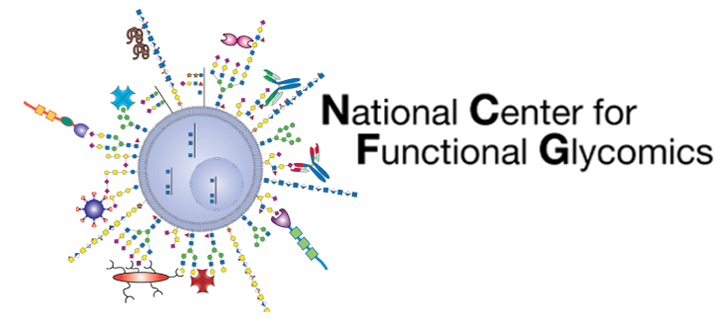Carlyon J, Akkoyunlu M, Xia L, Yago T, Wang T, Cummings R, McEver R, Fikrig E. Murine neutrophils require alpha1,3-fucosylation but not PSGL-1 for productive infection with Anaplasma phagocytophilum.. Blood. 2003;102(9):3387–95.
Abstract
Anaplasma phagocytophilum causes human granulocytic ehrlichiosis, the second most common tick-borne disease in the United States. Mice are natural reservoirs for this bacterium and man is an inadvertent host. A phagocytophilum's tropism for human neutrophils is linked to neutrophil expression of P-selectin glycoprotein ligand-1 (PSGL-1), as well as sialylated and alpha1,3-fucosylated glycans. To determine whether A phagocytophilum uses similar molecular features to infect murine neutrophils, we assessed in vitro bacterial binding to neutrophils from and infection burden in wild-type mice; mice lacking alpha 1,3-fucosyltransferases Fuc-TIV and Fuc-TVII; or mice lacking PSGL-1. Binding to Fuc-TIV-/-/Fuc-TVII-/- neutrophils and infection of Fuc-TIV-/-/Fuc-TVII-/- mice were significantly reduced relative to wild-type mice. A phagocytophilum binding to PSGL-1-/- neutrophils was modestly reduced, whereas sialidase treatment significantly decreased binding to both wild-type and PSGL-1-/- neutrophils. A phagocytophilum similarly infected PSGL-1-/- and wild-type mice in vivo. A phagocytophilum induced comparable levels of chemokines from wild-type and PSGL-1-/- neutrophils in vitro, while those induced from Fuc-TIV-/-/Fuc-TVII-/- neutrophils were appreciably reduced. Therefore, A phagocytophilum infection in mice, as in humans, requires sialylation and alpha1,3-fucosylation of neutrophils. However, murine infection does not require neutrophil PSGL-1 expression, which has important implications for understanding how A phagocytophilum binds and infects neutrophils.
Last updated on 03/06/2023
